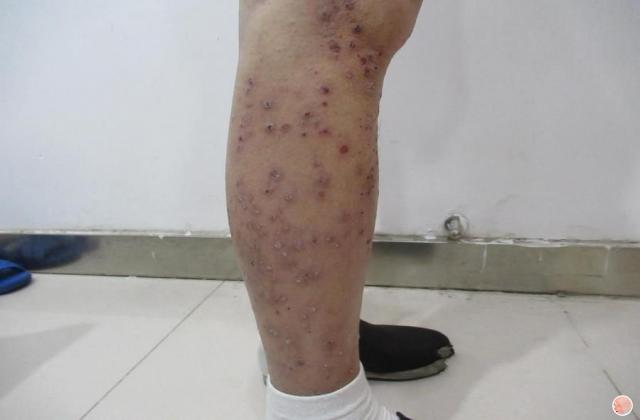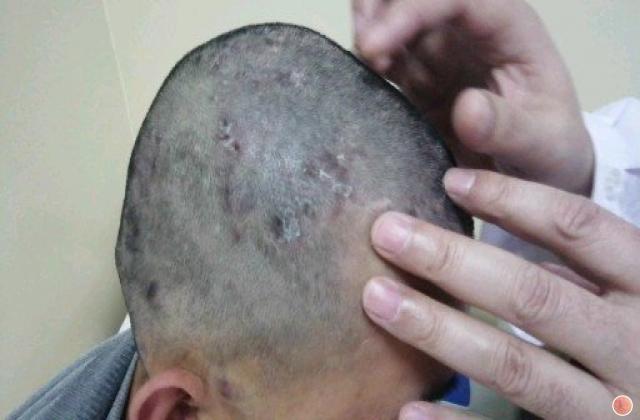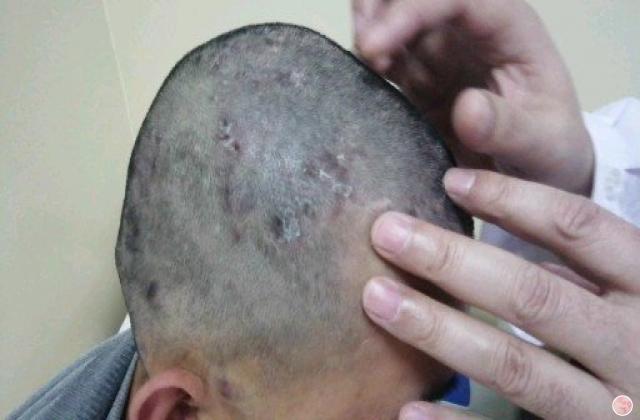银屑病英文文献解读

银屑病英文文献解读

Psoriasis is a chronic immune-mediated inflammatory disease that affects up to 3% of the world's population. It has a significant impact on quality of life and is associated with numerous comorbidities, including psoriatic arthritis, cardiovascular disease, and depression.
The pathogenesis of psoriasis is complex and involves genetic, environmental, and immunological factors. The activation of T-cells and the release of cytokines, such as tumor necrosis factor-alpha (TNF-α) and interleukin-17 (IL-17), play a key role in the development and perpetuation of the disease.
Treatment options for psoriasis have expanded significantly over the past decade, with the introduction of biologic therapies targeting specific cytokines involved in the pathogenesis of the disease. These therapies include TNF-α inhibitors, IL-17 inhibitors, and IL-23 inhibitors.
TNF-α inhibitors, such as adalimumab and etanercept, have been shown to be effective in the treatment of moderate to severe psoriasis, with a rapid onset of action and sustained response over time. However, they are associated with an increased risk of infections, malignancies, and demyelinating disorders.
IL-17 inhibitors, such as secukinumab and ixekizumab, have also been shown to be effective in the treatment of psoriasis, with a rapid and sustained response over time. They have a favorable safety profile, with a low risk of infection and no increased risk of malignancies or demyelinating disorders.
IL-23 inhibitors, such as ustekinumab and guselkumab, target the IL-23/Th17 pathway involved in the pathogenesis of psoriasis. They have been shown to be effective in the treatment of moderate to severe psoriasis, with a rapid onset of action and sustained response over time. They are also associated with a favorable safety profile.
In conclusion, the introduction of biologic therapies targeting specific cytokines involved in the pathogenesis of psoriasis has revolutionized the treatment of this chronic immune-mediated inflammatory disease. TNF-α inhibitors, IL-17 inhibitors, and IL-23 inhibitors have all been shown to be effective in the treatment of moderate to severe psoriasis, with a rapid onset of action and sustained response over time. However, the choice of therapy should be individualized based on disease severity, comorbidities, and patient preference, taking into consideration the potential risks and benefits of each treatment option.










